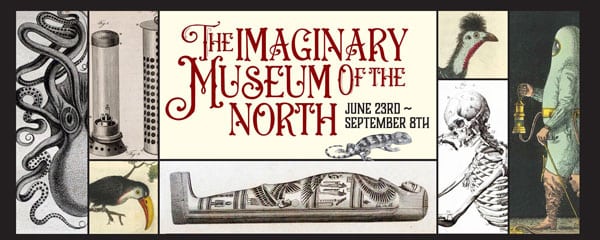
August 9, 2018; The Stage
The Stage has provided news and services for the UK theatre, entertainment, and performing arts industry since 1880. In an op-ed written by Cinzia Hardy, we learn interesting facts about arts and culture funding in the UK. (For example, arts and culture receive less than one percent of all philanthropy in the UK, and some 60 percent of this goes to the UK’s 50 largest organizations). We also become acquainted with how her site-specific performing arts company, November Club, which she serves as artistic director, thrives by engaging the community in innovative ways.
Hardy’s region of rural northeast England receives less than one percent of the UK’s individual giving to culture. November Club produces performances “in response to our region’s landscape and buildings, creating stories of its people and places.” They receive support from their local government and the Arts Council England (which awards funds from the National Lottery), but that is not nearly enough to meet the cost of all that they want to give to their community through the arts.
In our new musical, Beyond the End of the Road, young farmer Bobby Lockhart tells the audience: “The watchword is diversification. You cannot put the same in and expect to get something different out. Farming doesn’t stand still. You have to move with the times…capitalize on what you’ve got.”
And diversify is what we did. We turned to the farmers. We approached Hexham and Northern Marts—which is where farmers buy and sell livestock—in Northumberland last year, with a view to staging our musical in the Bellingham sheep ring at Hexham Mart, which is rumored to have the same proportions as the Garrick Theatre in London.
Sign up for our free newsletters
Subscribe to NPQ's newsletters to have our top stories delivered directly to your inbox.
By signing up, you agree to our privacy policy and terms of use, and to receive messages from NPQ and our partners.
It was the first time Hexham and Northern Marts received such a proposal, and they happily agreed to participate. They offered the free use of their building as well as marketing support.
We must be prepared to be unquenchably curious and to grow our artistic practice through new and expanding relationships. This diversification of support can only be a good thing and encourages more people to see the arts as relevant to their lives and something they can be stakeholders in.
This unique collaboration and location attracted farmers to the performance, a new audience for November Club. It also won the Achates Philanthropy Prize (and £5,000) for the intrepid performing arts company.
NPQ occasionally remarks upon billionaire philanthropy, but usually with more scrutiny than praise. Cinzia Hardy delights us with her energy, devotion to her craft, and her generous op-ed, the point being to share her successful new strategies and funding opportunities with her peers. She writes about winning the £5,000 prize money as if it were a billion dollars.
What Hardy does with her art and her infectious enthusiasm is coax us away from the hard idea that we are alone with our particular causes. Her performance art asks her audiences to think differently, see differently, hear differently, and ultimately to act differently. Art and cultural organizations (almost all small in size) have a moral force in society. Art asks us to remember who we are. Most reading this article won’t have the opportunity to see one of November Club’s performances in Northumberland, but Hardy’s op-ed inspires us to be more generous with our peers and in our spheres of influence.—Jim Schaffer













